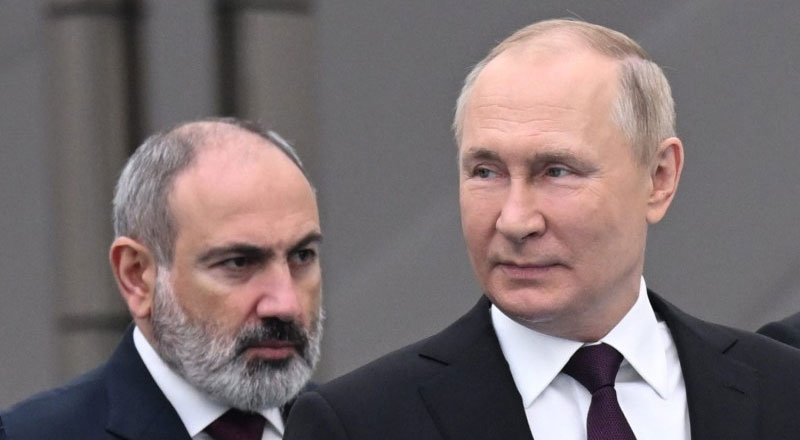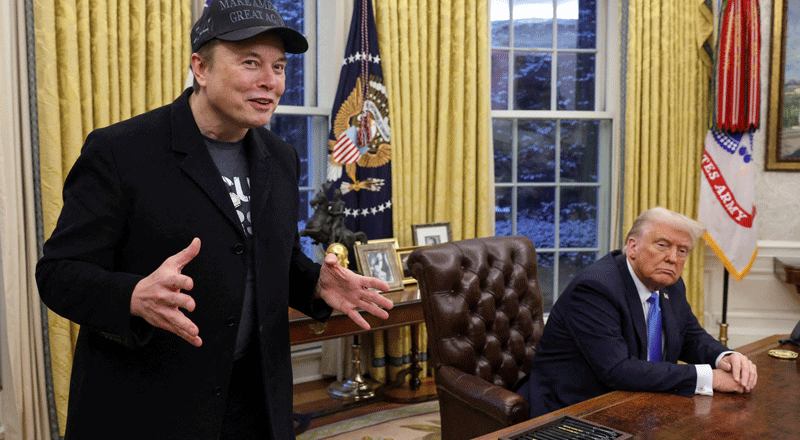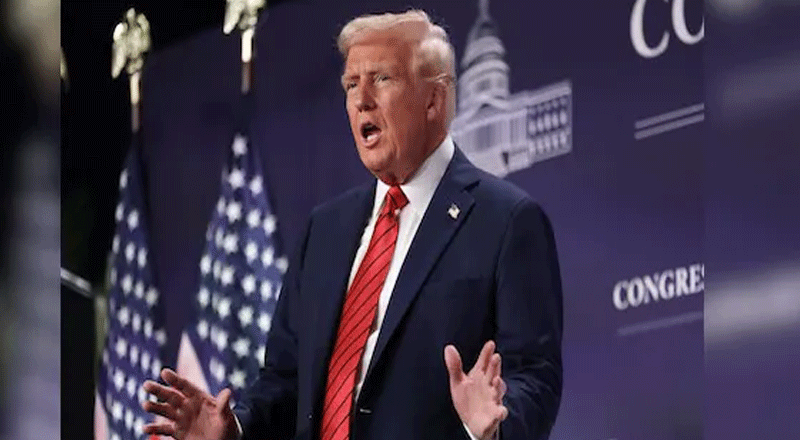- Vladimir Putin only has himself to blame after facing a direct military challenge from Wagner group leader, former US defence secretary Leon Panetta said.
- Some experts argue that the recent conflict may pose a threat to Vladimir Putin’s political stability.
- Putin is “paying the price for something he created”, he said.
- Wagner Group head’s mutiny was the first stage of “dismantling” Putin’s regime, the head of Ukraine’s national security and defence council said.
- Oleksiy Danilov said a group of people dissatisfied with Putin has formed in Russia.
Russian President Vladimir Putin only has himself to blame after facing a direct military challenge from Wagner group leader Yevgeny Prigozhin, former US defense secretary Leon Panetta said. Wagner group’s private mercenaries staged a rebellion against the Kremlin before a deal was brokered. In exchange for turning his troops away from Moscow, Yevgeny Prigozhin agreed to leave the country for Belarus.
The Russian leader kept a relatively low profile during the turmoil but some experts argue that the recent conflict may pose a threat to Vladimir Putin’s political stability.
Putin is “paying the price for something he created”, he said, explaining, “I think the bottom line here is that Putin is the one who’s paying a price for something he created. He’s the one who put together the Wagner group, He’s deployed them to Asia, to Africa, to Ukraine, where they’ve committed all kinds of atrocities. And then, when Prigozhin started speaking out and criticizing both Putin as well as the Russian military, Putin took no steps really to discipline Prigozhin. So likely the bottom line here is Putin has no one to blame but himself for what occurred in Russia.”
Wagner Group head Yevgeny Prigozhin’s mutiny in Russia was the first stage of “dismantling” Russian president Vladimir Putin’s regime, the head of Ukraine’s national security and defence council said.
In the armed uprising, the Wagner Group said it took control of two military hubs in southern Russia and advanced within 120 miles of Moscow before pulling back. His fighters withdrew after the Kremlin said a deal had been brokered by Belarusian leader Alexander Lukashenko to avoid “bloodshed”.
Oleksiy Danilov said a group of people dissatisfied with Putin has formed in Russia.
Anton Gerashchenko, an adviser to Ukraine’s minister of internal affairs, said Wagner’s “march of justice” showed that the Kremlin “does not know its own country.”
“The government in Russia is only strong on TV, but in reality, it is as rotten as the wooden barracks in the Russian provinces. Russia turned out to be not a fortress, but a gateway. Russian Volunteer Corps is free to enter the Belgorod region; the capital and the Kremlin are attacked by drones, and the mercenary army is capable of taking not Kyiv but Moscow without a fight in two days,” Gerashchenko said.
(With inputs from agencies)





